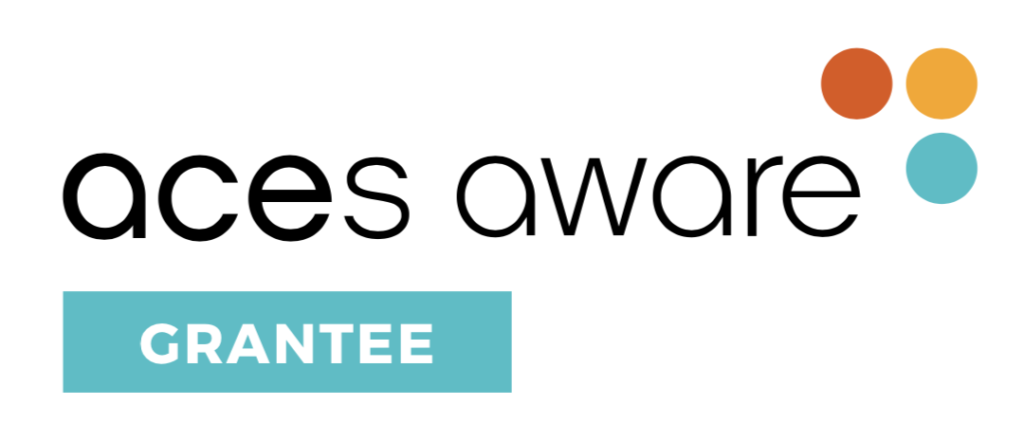A brief look at systems approaches – Nicole Hinton (Aug. 2020)
The earliest stages of a child’s life are the most critical. At birth, millions of neurons begin to connect as children learn from the world around them. Research shows how early brain architecture formulates a person’s lifelong learning and overall health outcomes (Harvard, 2020). As children develop their family, caregivers, and even environment are the primary influences to individual brain development.
This post will discuss how to provide families with positive experiences for children to grow and develop. These experiences will be outlined through research-based strategies to help build whole-family, child-centered relationships. In addition, this post will look at how parenting styles can influence relationships and a child’s overall development.
Building Relationships
A solid foundation is key to building any relationship, especially when it comes to a family with infants and toddlers. During early childhood development (ages 0-5) children are building their internal foundations and families are the primary external influence. By connecting families to preventative services and resources families are empowered.
However, it is important to understand how these relationships are formed within a family. The National Association for the Education of Young Children (NAEYC) blog written by early educators Karen Nemeth, Derry Koralek, and Kelly Ramsey, eloquently reminds early educators how important clear concise two-way communication is to overall outcomes for a child’s development (Nemath et al., 2020). It is important to note this practice is critical to use across all sectors of early childhood. Agencies such as First 5 California counties provide cross-sector bridges to ensure early childhood sectors to advocate for policies and put into practice programs that are centered upon whole-family relationships to empower parents and caregivers (CCFC, 2020). Similar strategies identified below are exampled in Helping the Most Vulnerable Infants, Toddlers, and Their Families published by National Center for Children in Poverty (Knitzer, J. et al., 2006).
Strategies and Parenting Styles
The California Poverty Measure reports 6.8 million Californians live at or below poverty, the research also indicates 18.8% of which are minors (PPIC, 2020). Families who face economic adversity often exhibit toxic stress (e.g., substance abuse, behavioral issues). Research shows by providing equitable access to programs and services is critical to building family relationships. A strategy outlined by the National Center for Children in Poverty which is used by First 5 California is advocating for and providing programs, resources and supports that provide equal access to all families. These efforts can be seen across the 58-county First 5 network and are embedded in collaborative efforts with health and education systems statewide.
First 5 agencies encourage systems to provide equitable access that is inclusive. Ensuring families can access supports to build upon their prior knowledge is crucial to building a solid foundation. Similar agencies including Early Head Start/Head Start, Zero to Three, and the NAEYC work with First 5 California to advocate equitable access (CCFC, 2020).
A second research-based strategy to build relationships is providing evidence-based and research-informed programs and services. Programs include primary interventions like oral health, mental health, and even parenting education. Often these parent education supports focus upon authoritative parenting; however, it builds upon a family’s current knowledge and practices. Locally, First 5 Modoc provides an in-direct referral to the Nurturing Parenting program model. Its curriculum focuses on providing positive parenting skills to prevent child abuse and neglect (HHS, 2015).
One final and crucial research-based strategy to build relationships with families is building and sustaining a community approach. First 5 California works to ensure systems change across multiple sectors (e.g., public health, mental health, education) of care are providing families equal access (CCFC, 2020). Having a community approach in all sectors of early childhood provides children the strongest, most optimal longterm outcomes. Conclusion Providing families with a comprehensive support system is crucial to children’s overall development. In order to build a comprehensive system all agencies must be able to understand families, meet them where they are, and build upon their strengths. Effective systems using current research, family input, and evidence-based practices will provide whole-family, child-centered, and be able to effectively work with families.
References
California Children and Families Commission (CCFC). (Aug. 2020). First 5 California. [Webpage] Retrieved from https://ccfc.ca.gov/
Harvard. (2020) Brain architecture. Center on the Developing Child: Harvard University. [Web source] Retrieved from https://developingchild.harvard.edu/science/key-concepts/brainarchitecture/
Knitzer, J., & Lefkowitz, J. (2006, January). Helping the most vulnerable infants, toddlers, and their families. [PDF file]. Retrieved from http://www.nccp.org/publications/pdf/download_117.pdf
Nemeth, K. (Jan. 2020). Building a system to support family engagement. NAEYC. [Web source] Retrieved from https://www.naeyc.org/resources/blog/family-engagement-system
Public Policy Institute of California (PPIC). (Aug. 2020). Just the facts, poverty in California. [Web source] Retrieved from https://www.ppic.org/publication/poverty-in-california/
U.S. Department of Health and Human Services (HHS). (April 2015). Implementing nurturing parenting programs (Birth to Age 5). [Web source] Retrieved from https://homvee.acf.hhs.gov/implementation/Nurturing%20Parenting%20Programs %20%28Birth%20to%20Age%205%29/Model%20Overview

